CURIOSITY KILLED THE CAT?
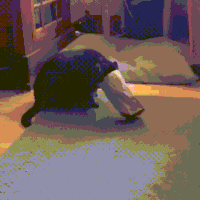
Receive a Curious Greeting and Christmas Blessings, Friend on Steemit.
In fact, this saying refers to the inadequacy that can be "prying" exaggeratedly into something that is not of the competence or need of the "curious".
"Curiosity Killed The Cat" is an interesting warning phrase that comes from an English expression of medieval times ("care kills a cat" = "Worry kills the cat"). As you can see, it indicates that worrying excessively is not advisable because that can cause death.
Later, with the passage of time, the word concern "care" led to "curiosity", because cats are certainly curious; but, it is emphasized that curiosity will not necessarily cause death to a person, but excessive worry can cause someone to die.
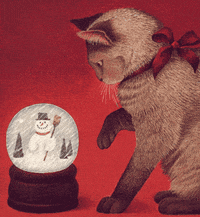
What is Curiosity?
Etymologically, the word Curiosity has its origin in the Latin "curiositas", and refers to the intentionality, attitude and willingness to discover something unknown; with the proviso that said action is based on things that the person does not necessarily concern him or would not have to import.
Normally, it is understood that Curiosity is a natural behavior of all humans and in general of all animals. People generally contemplate psychological, intellectual, emotional and instinctive factors to activate their curiosity in the search for information that covers their interest, need or confirmation.
The Curiosity well understood and better carried out, is a good starting point for the ideal personal, intellectual, educational, artistic, scientific, technological, social, labor and professional development; because it provides us with that necessary impulse that encourages "knowing more", learning new things and not conforming with brief information, "acts of faith" or "I do not care" that leave us trapped in ignorance.
Because Curiosity guides us to investigate what, why, how? and where?, among others, that helps us to achieve adequate results of specific knowledge about the fact to investigate.
However, excessive Curiosity can lead to a dangerous, reckless, harmful, belligerent or violatory behavior or attitude that is risky to the health or life of the curious person or his or her peers; which represents some of the extremes in which Curiosity is not a good counselor.
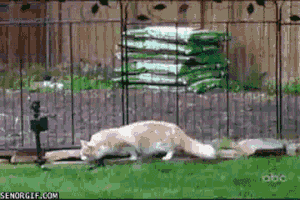
Curiosity and Philosophy
In the first place, it is necessary to clarify that Philosophically the metaphor of popular use "Curiosity Killed the Cat" does not represent a denial to "prying"; in fact it is emphasized that Philosophy is etymologically intertwined with "love for wisdom" and to achieve this wisdom it is necessary to investigate and "pry".
That is to say, in this vast and complex world, there are still millions of "corners" and wisdoms to be discovered; issue that can be achieved every time the Curiosity is activated around the things that are around us, to increase our understanding.
For Philosophy, Curiosity is understood as that natural and necessary impulse, which must be kept active in the search for wisdom, evolution and mental improvement, concrete experience and true knowledge; to educate ourselves as more intelligent and fit for the survival of our species; coupled with the promotion of creativity, imagination, inventiveness, innovation and development of new things.
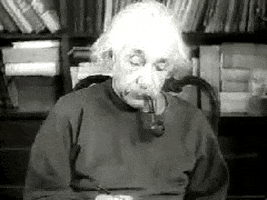
Curiosity and Wisdom
In this context, it is highlighted that just as the days go by inexorably, with them new opportunities appear to discover, learn new things and "know more"; just as the great geniuses of mankind did and continue to do.
Curiosity and Wisdom, that is what this binomial is about, to recover or maintain that curious spirit to obtain greater wisdom on a daily basis, just like when we were children and we spent our lives asking and inquiring; because we must not be so conformist, it is necessary the continuous learning of the many things we still have to discover.
To conclude, I have to mention that various Psychological, Medical and Scientific studies have been carried out on this topic, and among the many results obtained, it has been shown that very curious people are prone to enjoy great levels of satisfaction, happiness and success in the life; with attitudes that are oriented to have more positive, true and lasting personal, interpersonal, family and social experiences.
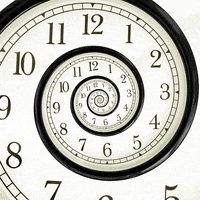
Source of All Images: https://giphy.com